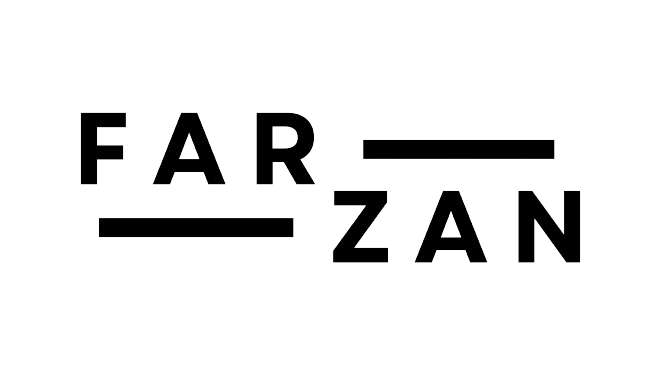When should I have my baby's hearing screened?
Your baby should have a hearing screening within the first month of life. If hearing loss is suspected, make sure a hearing expert, called an audiologist (aw-dee-AH-luh-jist) tests your baby's hearing by 3 months of age. If hearing loss is confirmed, it's important to consider the use of hearing devices and other communication options by 6 months of age.[2]
Where?
Many hospitals automatically screen all newborns for hearing loss. Some screen only those newborns at high risk for hearing loss, such as babies with a family history of deafness or hearing problems, low birth weight, or certain other medical conditions. Even if your baby doesn't have risk factors, being screened is important, because many children with no risk factors have hearing loss. Even children whose parents and grandparents hear normally may be born with a hearing loss.
The High-Risk Factors
According to the Joint Committee on Infant Hearing (JCIH) 2000 Position Statement, the risk factors for newborns are as follows:
* Family history of permanent childhood sensorineural hearing loss
* In utero infection such as cytomegalovirus, rubella toxoplasmosis, or herpes
* Craniofacial anomalies, including those with morphological abnormalities of the pinna and ear canal
* Neonatal indicators, specifically hyperbilirubinemia at a serum level requiring exchange transfusion, persistent pulmonary hypertension of the newborn (PPHN) associated with mechanical ventilation, and conditions requiring the use of extracorporeal membrane oxygenation (ECMO)
* Postnatal infections associated with sensorineural hearing loss, including bacterial meningitis
* Stigmata or other findings associated with a syndrome known to include a sensorineural or conductive hearing loss or eustachian tube dysfunction
* Syndromes associated with progressive hearing loss such as neurofibromatosis, osteopetrosis, and Usher syndrome
* Neurodegenerative disorders, such as Hunter syndrome, or sensory motor neuropathies, such as Charcot-Marie-Tooth syndrome
* Parental or caregiver concern regarding hearing, speech, language, and/or developmental delay
* Head trauma
* Recurrent or persistent otitis media with effusion lasting for at least 3 months.[4]
Photo courtesy: state.tx.us

-----
Notes:
[1] babyhearing.org
[2] keepkidshealthy.com
[3] ibid
[4] medscape.com
========
About Me:
I am a 266 days / 8 months, 3 weeks & 5 days old baby

